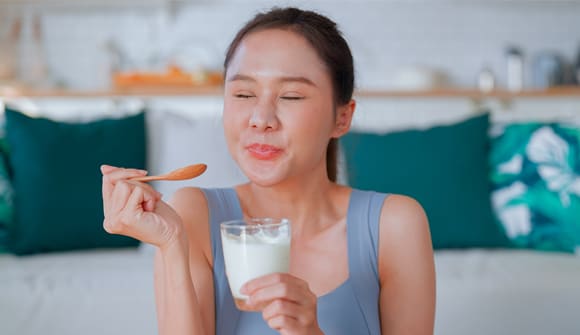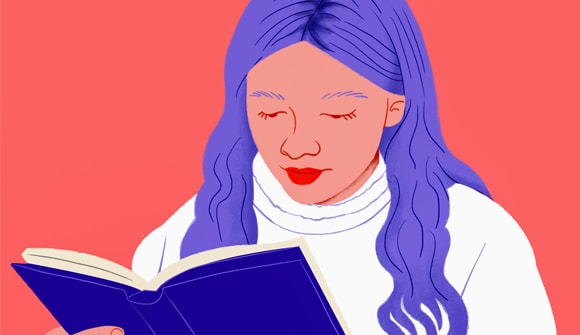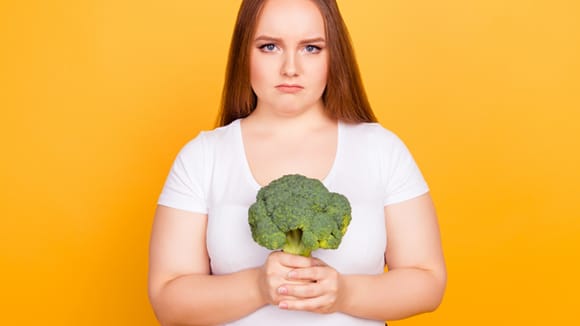Snacks for sleep
6 foods to help you snooze.
Article Author: Juliette Allen
Article Date:

We’re all looking for ways to score some solid shut-eye. While a cool, dark and device-free environment can help you unwind, your meal choices in the hours before bedtime can contribute, too.
“Food and our digestion can play a big role in our sleep quality,” said Jennifer Coalson, RD, LD/N, a registered dietitian, nutritionist and senior wellness coach for Healthy for Life, Baptist Health’s employee wellness program. “Eating too close to bedtime can lead to disrupted sleep and discomfort. If you suffer from acid reflux, you might experience a restless night if you eat right before you go to sleep.”
On the flip side, eating certain types of foods before bedtime may help.
“Foods that are rich in magnesium [a mineral], tryptophan [an amino acid found in proteins] and melatonin [a hormone] can help you sleep more soundly,” Coalson said. “Eating a balanced meal at least two hours before bedtime is a great place to start; aim for a protein, carbohydrate and vegetable on your plate.”
6 foods for better sleep
Want to snack your way to solid sleep? Coalson recommended trying these six foods.
- Kiwi: Helps regulate production of serotonin, a neurotransmitter that plays a role in the sleep cycle. “Kiwi fruit is also high in vitamin C, an antioxidant that has sleep-promoting benefits,” she said.
- Turkey: Has high levels of tryptophan, which helps the body produce serotonin and melatonin.
- Tart cherry juice: Contains melatonin and tryptophan.
- Pumpkin seeds: Another tryptophan titan. Coalson recommended adding the seeds as a topping on yogurt or avocado toast.
- Yogurt: Contains B vitamins, which aid the sleep-wake cycle, and magnesium.
- Beans: Another B vitamin boost! An added bonus? Beans are a great source of fiber.
Snacks to avoid before bedtime
Just as some foods can enhance your sleep quality, others can hinder it. In the hours before you go to bed, avoid:
- Caffeine: With a half-life of five hours, the caffeine from your afternoon coffee will still be in your system as you approach bedtime. Don’t forget hidden sources of caffeine, like chocolate, may also impact your sleep quality.
- Alcohol: Though an evening drink may make you feel sleepy, it can lessen your sleep quality and lead to nighttime wakings or tossing and turning.
- Sugar: That sweet late-night treat will give you a burst of energy and make it harder to fall asleep.
“If you’re looking to create a nighttime routine, adding in herbal tea like chamomile or a nighttime blend can help you unwind and settle in for the evening,” Coalson said. “Sleep is so important for our health and longevity. Aim for 7 to 9 hours every night.”
If you’re struggling with sleep or other health issues, your primary care physician can recommend lifestyle changes and make referrals to a specialist, if needed. To find the right provider for you, call 904.202.4YOU (4968) or fill out the appointment request form.



